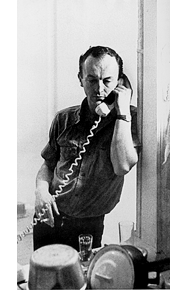
Wide Sargasso Sea
by Jean Rhys
"As for my confused impressions they will never be written. There are blanks in my mind that cannot be filled up" (45).
"...If I was bound for hell let it be hell. no more false heavens. No more damned magic. You hate me and I hate you. We'll see who hates best. But first, first I will destroy your hatred. Now. My hate is colder, stronger, and you'll have to hate to warm yourself. You will have nothing" (102).
"I hated the mountains and the hills, the rivers and the rain. I hated the sunsets of whatever colour, I hated its beauty and its magic and the secret I would never know. I hated its indifference and the cruelty which was part of its loveliness. Above all I hated her. For she belonged to the magic and the loveliness. She had left me thirsty and all my life would be thirst and longing for what I had lost before I found it" (103).
Notes: I was excited to start this when I learned it was a prequel to Jane Eyre, specifically noting the relationship between the crazy wife in the attic and Rochester. I was a little distracted by the Carribean-Creole emancipation nature of it, but at the same time felt it worked to add a whole new depth to the contrast of characters in a post-colonial way (Rochester being English and unable to fit and Antoinette/Bertha being from an ex-slave owning family but also of the Carribean, also marginalized by her very essence). It was very short and sudden and I'm not entirely clear what happened and how to make sense of it--one minute things are building in tension and the next she is being drugged in bed and quieted by Voodoo practices. I'm still not sure if her insanity was caused by real madness or the practices of the island. The Norton edition, as always, helped a great deal but I found myself getting caught up on footnotes and historical/biographical information and losing my place in the actual text. I intended to enjoy the shifting narration, but found it a messy kind of stylistic choice that didn't fit with such an exacting and complex composition (unless of course, that was entirely for the irony that I realize just now in saying so. In this case, it is a metaphor for the entirety of the work, the confining of emotion/self and the essential ability for these things to sneak out. True of WSS and particularly of Jane Eyre. Regardless, I feel it could have been executed in a cleaner way.)



No comments:
Post a Comment